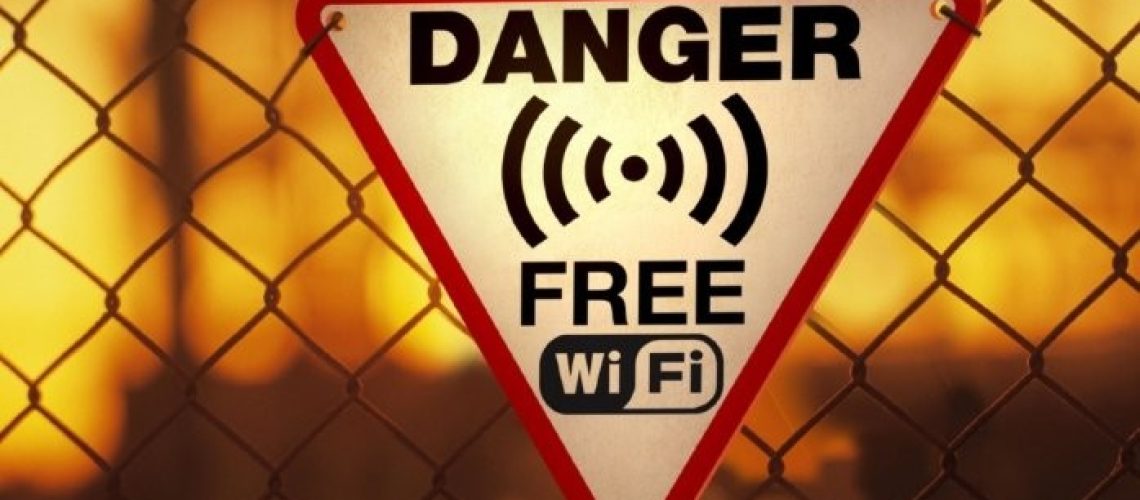Description
Public Wi-Fi networks are often insecure and vulnerable to cyber attacks, making them risky for conducting sensitive transactions such as online banking or shopping. Avoiding public Wi-Fi for these activities helps protect your personal and financial information from being intercepted by malicious actors.
Why It’s Important
- Security Risks: Public Wi-Fi networks are susceptible to various security risks, including man-in-the-middle attacks, where attackers intercept and eavesdrop on data transmitted over the network.
- Data Interception: Cybercriminals can capture sensitive information, such as usernames, passwords, and financial details, transmitted over unsecured Wi-Fi networks.
- Identity Theft Prevention: Avoiding public Wi-Fi for sensitive transactions reduces the risk of identity theft and unauthorized access to your accounts and personal information.
How to Protect Yourself
- Use Secure Connections: Whenever possible, use a secure and encrypted connection, such as a virtual private network (VPN), when accessing the internet on public Wi-Fi networks.
- Avoid Sensitive Transactions: Refrain from conducting sensitive transactions, such as online banking, shopping, or accessing confidential information, while connected to public Wi-Fi.
- Turn off Auto-Connect: Disable automatic connection to Wi-Fi networks on your devices to prevent inadvertently connecting to unsecured networks.
- Verify Network Security: Before connecting to a public Wi-Fi network, verify its security measures with the venue or use a trusted Wi-Fi hotspot.
- Update Device Settings: Configure your devices to prompt you before connecting to new Wi-Fi networks, allowing you to evaluate the security of each connection.
Additional Tips
- Use Cellular Data: Whenever possible, use your cellular data connection or personal hotspot for sensitive transactions instead of relying on public Wi-Fi.
- Educate Others: Share awareness about the risks of using public Wi-Fi for sensitive transactions with friends, family, and colleagues to help them protect their information.
- Secure Your Devices: Ensure your devices are protected with up-to-date security software, including antivirus and firewall solutions, to mitigate the risk of cyber threats.
Conclusion
Protecting your personal and financial information from cyber threats is essential in today’s interconnected world. By avoiding public Wi-Fi for sensitive transactions and adopting security best practices, you can minimize the risk of falling victim to data interception, identity theft, and other cyber attacks. Stay vigilant and prioritize your online security to safeguard your sensitive information effectively.


